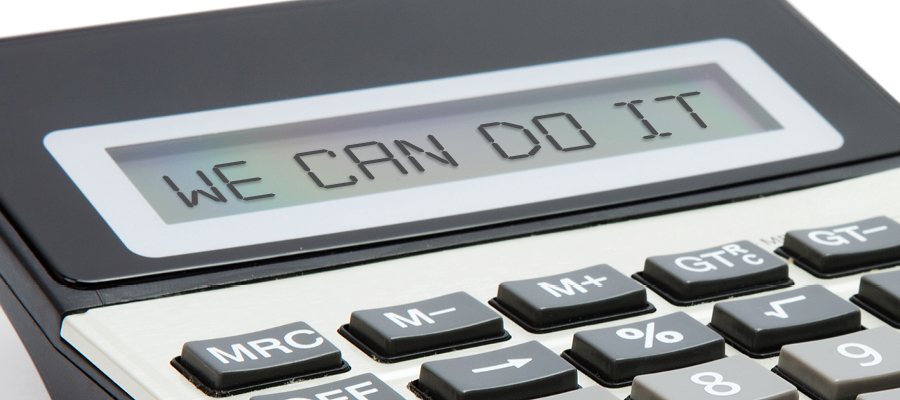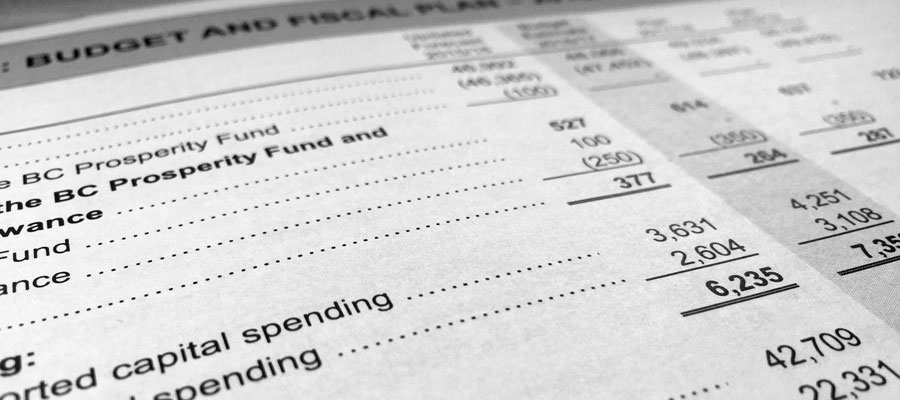BC Budget Consultation Presentation June 2020

The BC government is holding its annual public consultation on Budget 2021 this June, inviting British Columbians to share their priorities for government investment next year. BC Budget 2021 will have to tackle the impacts of the COVID-19 crisis—the full extent of which are still largely unknown. It is hard to predict where we as a province will find ourselves come budget time in 2021, but we do know that we need our governments to step up and show bold leadership to prevent the current deep recession from turning into a depression.
The CCPA-BC participated in the consultation by making a presentation to the Select Standing Committee on Finance and Government Services on June 2. Below is the text of my presentation to the Committee.
—
Thank you for the opportunity to share the CCPA’s recommendations for Budget 2021. The CCPA has a long track record of research and policy analysis addressing BC’s economic, social and environmental challenges, and our recommendations draw on this body of work.
We commend the BC government on launching its initial $5 billion BC COVID-19 Action Plan in late March, which was notably larger and more comprehensive in scope than what other Canadian provinces have put forward.
The important work of supporting BC workers, families, businesses and non-profits reeling from the crisis is far from done and must continue in Budget 2021.
The COVID-19 crisis affected everyone but it hit lower-income and vulnerable British Columbians harder, deepening existing economic and social inequalities. Now is the time for the BC government to continue showing leadership and to begin addressing the inequalities that the crisis has brought into sharp focus.
The good news is that BC entered the crisis in an enviable fiscal position with stable finances and low levels of debt relative to our GDP. Our fiscal advantage should be deployed in Budget 2021 to fast-track rebuilding. Going forward with spending reductions, whether through cuts to programs and services, pulling back vital COVID-19 supports too early or delaying long-overdue investments to expand capacity in affordable housing, child care and other vital public programs, will actively damage our economic recovery. It will also further deepen the inequalities COVID-19 has magnified.
The private sector is not in a position to serve as an engine of growth at this time and—with a vaccine still at least a year away—it’s increasingly likely that most businesses will not be able to operate at full capacity for quite a while. An ambitious program of government investment is the only way to back-stop job losses, put money into people’s hands to spend in the local economy, and provide much needed services during what is expected to be a prolonged period of reduced economic activity. Without it, we risk the COVID-19 recession turning into a depression.
Budget 2021 should include large-scale investment in social infrastructure, that is to say in the systems of care and education that enable us to have a healthier and more inclusive economy and to strike a better balance between paid work and personal, family and community care. We must fix long-standing issues in seniors care, especially but not only, long-term care, to ensure all British Columbians are able to age with dignity. Budget 2021 must redouble our commitment to build an affordable, quality, universal child care system by investing in new public child care spaces to significantly expand capacity; by turning existing licensed child care programs to $10aDay sites; and boosting wages for early childhood educators. We need better mental health supports, safe and affordable housing, and well-funded, accessible community services.
We must also improve education and training programs and make them accessible to everyone, so that workers whose jobs or hours have been cut can upskill and find meaningful, family-supporting work. We must pick up the pace on digital equity, fast-tracking projects to improve access to broadband Internet in rural and remote areas of the province and on First Nations reserves, as well as investment in programs that help low-income households afford Internet service and digital devices.
In addition to strengthening BC’s social infrastructure, planned investments in affordable and non-market housing must be scaled up significantly, as must investments in climate action.
Budget 2021 must also redouble our efforts to reduce poverty and address inequalities in BC deepened by the economic and health crises. We have seen a troubling discrepancy between the standard set by the $2,000/month Canada Emergency Relief Benefit (CERB) and the pitifully low income assistance rate of $760/month. The new standard set by the CERB for what is considered adequate to live on happens to be very close to the poverty line as measured by the revised 2018 Market Basket Measure for urban areas in BC. Budget 2021 must raise welfare rates to at least 75% of the poverty line, and introduce a medium-term plan to bring welfare rates all the way up to the poverty line. Homelessness, food insecurity and access to affordable transportation remain priority issues to tackle.
And finally, BC Budget 2021 must include increased, multi-year funding for charities and non-profit organizations so they are adequately resourced to do their job and have the capacity to actively partner with the BC government in building a more inclusive and sustainable economy where everyone is supported to reach their full potential.
Thank you.
Topics: COVID-19, Economy, Provincial budget & finance



